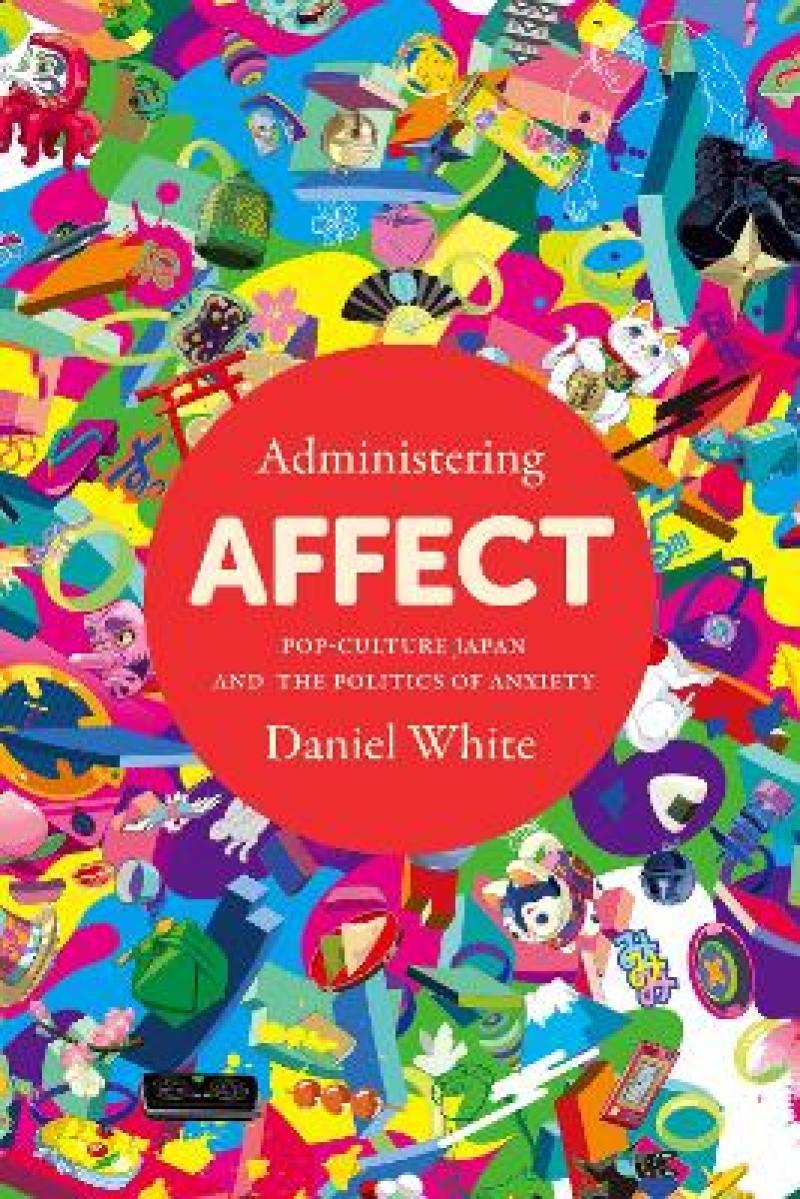"<i>Administering Affect</i> leaves no ethnographic stone unturned. It is artfully organized and compellingly written. Its scholarship is meticulous and masterfully synthetic. Its conceptual contributions are original and wide-ranging. It should be required reading for anyone interested in the impulsions and compulsions of the contemporary dynamics of soft power."—James Faubion, Rice University "This is a bracing read: original, evocative, beautifully organized, and deeply persuasive. It's a rare piece of work, clearly situated in disciplinary debates and practices while offering far wider and equally substantive contributions."—David Leheny, Waseda University "With this long-awaited monograph, White proves himself a major contributor to research on media culture, affect, and governmental policy. With startling access and insights, White examines the deeply personal work of male bureaucrats—less as efficient automatons and more as highly fallible humans—crafting national anxieties with the paintbrush of girl-cute in Japan."—Christine Yano, University of Hawai'i at Manoa "White gives a unique, ethnographic case study of the efforts by the Japanese government to promote 'Pop-Culture Japan' as a means of reducing the anxieties caused by increased international competitiveness and regional tensions in East Asia. Based on extraordinary access to those in the Japanese government responsible for planning and implementing this program, the Japanese Foreign Ministry, and the Japan Foundation, the book features detailed analysis of and insights into the 'Cool Japan' branding campaigns, the young female 'Ambassadors of Cute,' and the promotion of anime, all designed by mostly male Japanese bureaucrats to foster appreciation of Japanese culture and reduce political anxieties....Recommended."—M. D. Ericson, <i>CHOICE</i> "White's work underscores that in furthering our understandings of Japanese society as a whole, we cannot be beholden to dominant narratives and groups. We must recognize the diversity of experience and practice that state narratives often elide and obfuscate."—John Ostermiller, <i>Pacific Affairs</i> "<i>Administering Affect</i> provides a window into the politics and economics of Cool Japan. White's erudite study illuminates how the stereotypically faceless Japanese bureaucrats shape the very policies that distribute Japanese popular culture production across the globe."—Kevin McKiernan, <i>H-Japan</i>
How do the worlds that state administrators manage become the feelings publics embody? In Administering Affect, Daniel White addresses this question by documenting the rise of a new national figure he calls "Pop-Culture Japan." Emerging in the wake of Japan's dramatic economic decline in the early 1990s, Pop-Culture Japan reflected the hopes of Japanese state bureaucrats and political elites seeking to recover their country's standing on the global stage. White argues that due to growing regional competitiveness and geopolitical tension in East Asia in recent decades, Japan's state bureaucrats increasingly targeted political anxiety as a national problem and built a new national image based on pop-culture branding as a remedy.
Based on sixteen months of ethnographic fieldwork among rarely accessible government bureaucrats, Administering Affect examines the fascinating connection between state administration and public sentiment. White analyzes various creative policy figures of Pop-Culture Japan, such as anime diplomats, "Cool Japan" branding campaigns, and the so-called "Ambassadors of Cute," in order to illustrate a powerful link between practices of managing national culture and the circulation of anxiety among Japanese publics. Invoking the term "administering affect" to illustrate how anxiety becomes a bureaucratic target, technique, and unintended consequence of promoting Japan's national popular culture, the book presents an ethnographic portrait of the at-times surprisingly emotional lives of Japan's state bureaucrats. In examining how anxious feelings come to drive policymaking, White delivers an intimate anthropological analysis of the affective forces interconnecting state governance, popular culture, and national identity.
1. Soft Power: An Affective History of the Politically Possible
2. Nation Branding: The Hypernormalization of Cool Japan
3. Anime Diplomacy: Characterizing Obligatory Nationalism
4. Kawaii Diplomacy: Ambassadors of Cute and the Gendering of Anxiety
5. Administering Affect: Anxiety and the Everyday
Conclusion: Melancholic Belonging and the Future of Pop-Culture Japan
